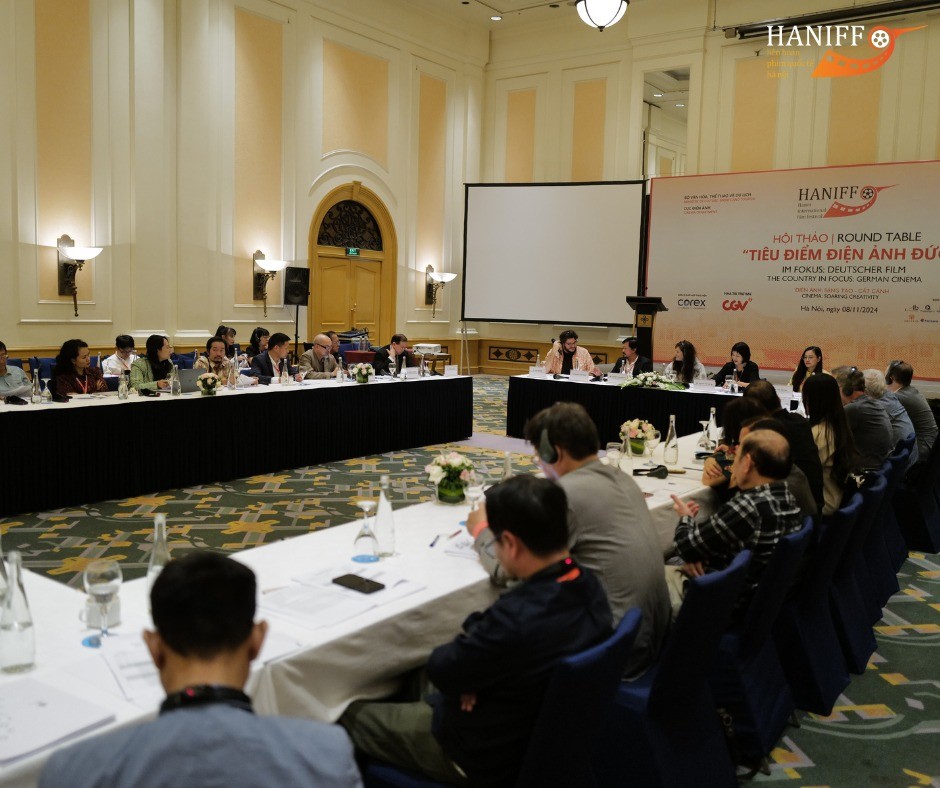Chancellor of Germany Angela Merkel: Biography, Personal Profile, Career
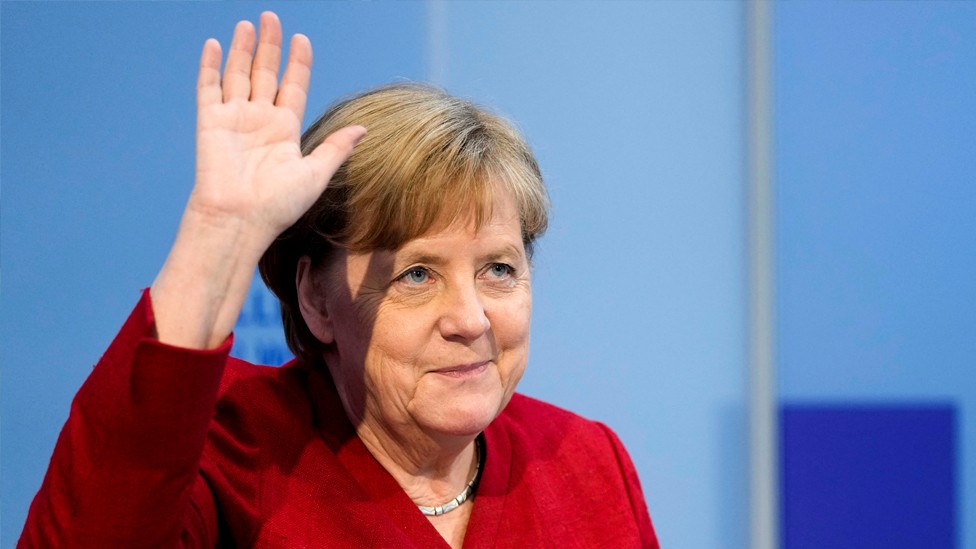 |
| Photo: Getty Images |
Who is Angela Merkel – Biography
Angela Dorothea Kasner, better known as Angela Merkel, was born in Hamburg, West Germany, on July 17, 1954. Trained as a physicist, Merkel entered politics after the 1989 fall of the Berlin Wall. Rising to the position of chairwoman of the Christian Democratic Union party, Merkel became Germany's first female chancellor and one of the leading figures of the European Union, following the 2005 national elections.
Chancellor of Germany Angela Merkel: Childhood and Early Life
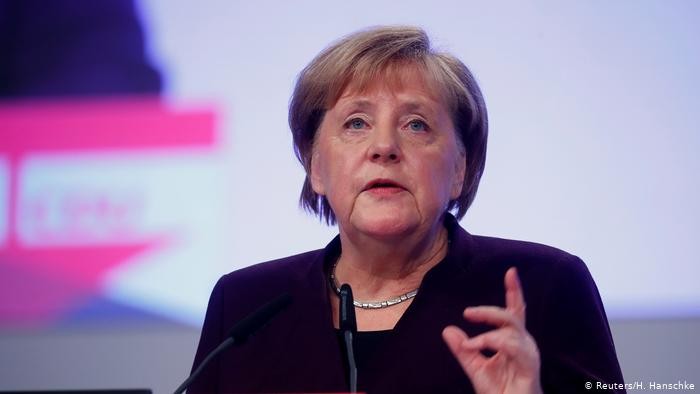 |
| Photo: DW |
Merkel’s parents, Horst and Herlind Kasner, met in Hamburg, where her father was a theology student and her mother was a teacher of Latin and English. After completing his education, her father accepted a pastorate in Quitzow, Brandenburg, and the family relocated to East Germany (German Democratic Republic) just weeks after Merkel’s birth. In 1957 they moved again to Templin, where Merkel finished high school in 1973. Later that year she went to Leipzig to study physics at Karl Marx University (now the University of Leipzig). There she met her first husband, fellow physics student Ulrich Merkel, and the two were married in 1977. After earning her diploma in 1978, she worked as a member of the academic faculty at the Central Institute of Physical Chemistry of the Academy of Sciences in East Berlin. In 1982 Merkel and her husband divorced, though she kept his last name. She was awarded a doctorate for her thesis on quantum chemistry in 1986.
As was the case for most children growing up in the German Democratic Republic, Merkel participated in the state’s youth organizations. She was a member of the Young Pioneers (from 1962) and the Free German Youth (from 1968). Her involvement with the Free German Youth has led to controversy, as some of her former colleagues from the Central Institute of Physical Chemistry claimed that she was active as a secretary for agitation and propaganda at the institute, though Merkel maintained that she was responsible for cultural affairs (e.g., procuring theatre tickets). Merkel was not nor did she apply to be a member of the Socialist Unity Party, and when approached by personnel of the Ministry for State Security (Stasi) to become an informant, she refused.
Chancellor of Germany Angela Merkel: Career
1978-1990 - Research associate at Zentralinstitut für Physikalische Chemie in Berlin.
1990 - Becomes press officer for Demokratischer Aufbruch (DA or Democratic Awakening).
December 1990 - Is elected to the German Bundestag.
1991 - Is named minister of Women and Young People by Chancellor Kohl and becomes deputy chairperson of the Christian Democratic Union (CDU).
1994 - Minister of the Environment, Nature Conservation and Nuclear Safety.
1998 - General secretary of the CDU.
April 10, 2000 - Becomes the first female chairperson of the CDU.
October 10, 2005 - Strikes a deal with Gerhard Schroeder's Social Democrats that will make her the first female chancellor of Germany.
November 22, 2005 - Is sworn in as the first female chancellor of Germany.
January 13 and 16, 2006 - Meets US President George W. Bush at the White House and Russian President Vladimir Putin at the Kremlin.
April 30, 2008 - Receives the Charlemagne Prize, the "Citizens' Prize for Services to European Unity."
June 26, 2009 - Makes first visit to the United States under President Barack Obama's administration.
September 27, 2009 - Is reelected chancellor of Germany.
February 15, 2011 - Receives the Presidential Medal of Freedom from Obama.
June 17, 2011 - Meets with French President Nicolas Sarkozy to discuss a potential Greek bailout plan.
December 5, 2011 - Meets with Sarkozy to announce their proposed plan to impose fiscal discipline on members of the European Union.
September 22, 2013 - Is reelected chancellor of Germany.
October 25, 2013 - In the wake of reports that the US National Security Agency eavesdropped on her cell phone, an angry Merkel says, "true change is necessary," and "spying among friends is never acceptable."
December 17, 2013 - Is sworn in for a third term as chancellor of Germany.
June 12, 2015 - Germany's Federal Prosecutor's Office says it has dropped a probe into allegations by former NSA contractor Edward Snowden that the National Security Agency had bugged her phone. The office states there was insufficient evidence to launch a successful prosecution.
December 9, 2015 - Is named Person of the Year by Time magazine.
March 17, 2017 - Makes first visit to the United States under President Donald Trump's administration.
September 24, 2017 - Merkel wins a fourth term as German Chancellor, but her party's lead in parliament is cut to 33.5%, and the country faces a surge in support for the far right. The hard-right Alternative for Germany (AfD) becomes the third-largest group in the national parliament.
March 4, 2018 - The Social Democratic Party votes to renew a government coalition with Merkel's Christian Democrats, paving the way for her fourth term as chancellor and ending the almost half-year of political deadlock and painful negotiations.
April 27, 2018 - Makes her second state visit to the US since Trump has been in office.
October 29, 2018 - Announces she will not seek reelection when her term expires in 2021. That's after both her party and the Social Democrats suffered heavy losses in state elections in Hesse a day earlier, and after the Christian Social Union, or CSU -- the Bavarian sister party to the CDU -- lost its majority in the Bavarian state parliament on October 14.
June-July 2019 - Merkel is seen shaking in public three times in less than a month. "I am working through some things...which do not seem to be over yet, but there is progress and I have to live with it for a while," Merkel reveals, adding, "But I am very well and one does not have to worry."
March 18, 2020 - In a rare televised message, Merkel tells the German people that the coronavirus pandemic is the nation's gravest crisis since World War II.
Chancellor of Germany Angela Merkel: Personal Life
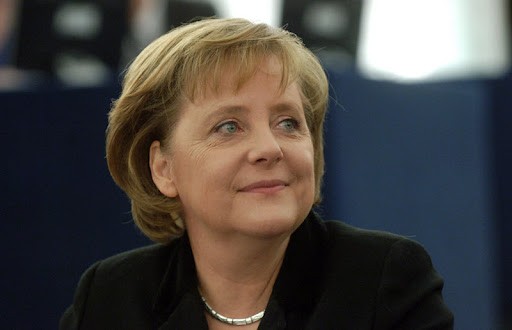 |
| Photo: European Leaders |
In 1977, at the age of 23, Merkel, then Angela Kasner, married physics student Ulrich Merkel (born 1953) and took his surname. The marriage ended in divorce in 1982. Her second and current husband is quantum chemist and professor Joachim Sauer, who has largely remained out of the media spotlight. They first met in 1981, became a couple later and married privately on 30 December 1998. She has no children, but Sauer has two adult sons from a previous marriage.
Merkel is a fervent football fan and has been known to listen to games while in the Bundestag and to attend games of the national team in her official capacity, including Germany's 1–0 victory against Argentina in the 2014 World Cup Final. Merkel stated that her favorite movie is The Legend of Paul and Paula, an East German movie released in 1973.
Merkel has a fear of dogs after being attacked by one in 1995. Vladimir Putin brought in his Labrador Retriever during a press conference in 2007. Putin claims he did not mean to scare her, though Merkel later observed, "I understand why he has to do this – to prove he's a man. ... He's afraid of his own weakness."
Since 2017 Merkel has been seen and filmed to shake visibly on several public occasions, recovering shortly afterwards. After one such occasion she attributed the shaking to dehydration, saying that she felt better after a drink of water. After three occasions where this happened in June 2019, she began to sit down during the performances of the national anthems during the State visits of Mette Frederiksen and Maia Sandu the following month.
In September 2021, and after years of evading the question, Merkel said she considered herself a feminist. The statement came in a conference along with Nigerian writer and feminist icon Chimamanda Ngozi Adichie.
Chancellor of Germany's rolesThe Chancellor proposes the candidates for ministerial office, that is the members of the Federal Cabinet, to the Federal President. Ministers can be dismissed following the same procedure. The Chancellor is also head of the Federal Cabinet and chairs Cabinet meetings. Framework for government action According to Article 65 of the Basic Law, the Federal Chancellor determines and is responsible for the general guidelines of government policy. This power to determine policy guidelines includes setting the framework for government action that the individual Federal Ministers then flesh out with content. Within the limits of the policy guidelines set by the Federal Chancellor each Federal Minister conducts the affairs of his or her department independently and on his or her own responsibility. This is called the principle of ministerial autonomy. Agreements with coalition partners The Federal Chancellor conducts the business of the Federal Government in accordance with the rules of procedure adopted by the Federal Cabinet and approved by the Federal President. The Federal Chancellor is accountable to the Bundestag as regards government action. Governments are often formed of coalitions of two or more parties so that they can attain a majority in the Bundestag. The Federal Chancellor must abide by agreements reached with coalition partners to avoid putting unnecessary strain on the coalition. Coalition partner nominates Vice-Chancellor The Federal Chancellor also appoints a deputy (Article 69 of the Basic Law). This office is usually held by a Federal Minister. In a coalition government, a member of the coalition partner’s party is generally appointed to this office. In a state of defence, the Federal Chancellor has the power of command over the Armed Forces (Article 115b of the Basic Law). Approval of government policy The Federal Chancellor can use the vote of confidence to make sure that the Bundestag supports her policies (Article 68 of the Basic Law). If the motion is not supported by the majority of the Members of the Bundestag, the Federal President, upon the proposal of the Federal Chancellor, can dissolve the parliament. This right lapses, though, if the Bundestag elects a new Federal Chancellor by the vote of a majority of the Members of the Bundestag. |
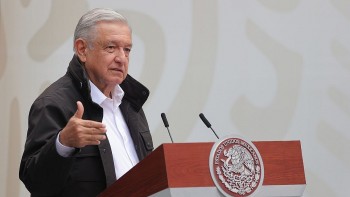 | President of Mexico Andrés Manuel López Obrador: Biography, Early Life & Career Leftist Andres Manuel Lopez Obrador has won the 2018 presidential election in Mexico in his third attempt at the presidency, according to exit polls and ... |
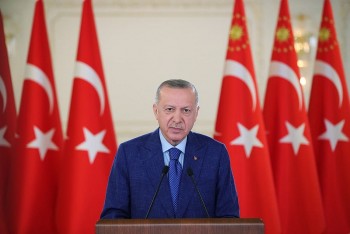 | Turkish President Recep Tayyip Erdogan: Biography, Early, Career and Facts Recep Tayyip Erdogan served as prime minister of Turkey from 2003 to 2014. He was elected president in 2014. Below are some insights into his ... |
 | President of Argentina Alberto Fernandez: Biography, Early Life & Career In May 2019, Fernández announced his candidacy for president for the 2019 election. He won the election beating incumbent Mauricio Macri. |
Recommended
 World
World
India strikes back at terrorists with Operation Sindoor
 World
World
India sending Holy Relics of Lord Buddha to Vietnam a special gesture, has generated tremendous spiritual faith: Kiren Rijiju
 World
World
Why the India-US Sonobuoy Co-Production Agreement Matters
 World
World
Vietnam’s 50-year Reunification Celebration Garners Argentine Press’s Attention
 World
World
"Will continue offering our full support to Indian govt": US FBI Director after Pahalgam attack
 World
World
"Great Leader": JD Vance Lauds PM Modi During His India Visit
 World
World
Trump’s Tariff Pause: A Strategic Move from “The Art of the Deal”?
 World
World


